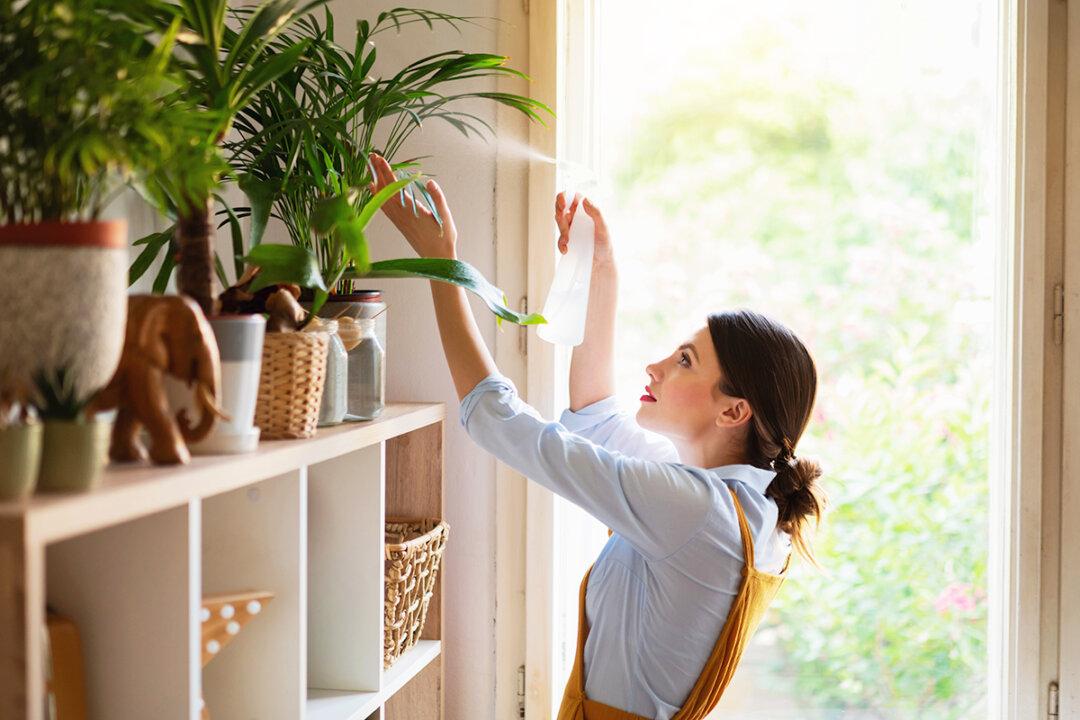When planning your garden, the major considerations include the following: location, space limitations, containers, and aesthetics. Now that people are finding ways to grow their own herbs and veggies, whether for health or personal reasons, usually that means more pots, more space needed, and more time spent tending the garden.
Don’t compromise between flowers and healthy home-grown veggies as you plan your garden this year.





